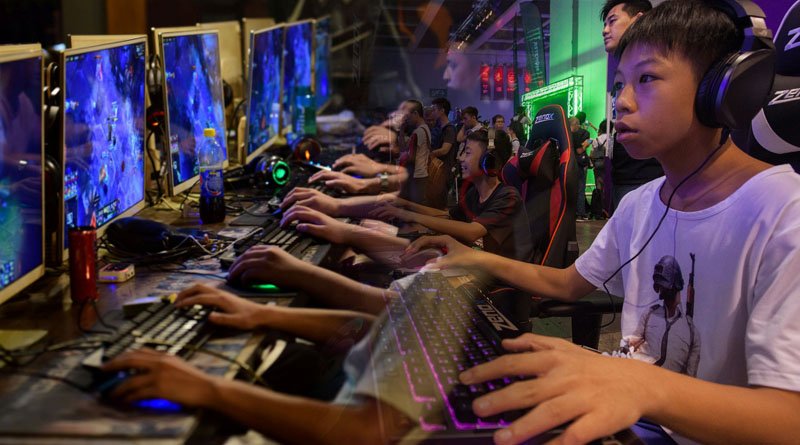According to a report released during the China Game Industry Annual Conference, Chinese game developers were severely affected by the COVID-19 pandemic in 2022.

Expanding their business in the overseas market should become a strategic trend for more Chinese electronic game developers, although overseas sales of the country’s self-developed games declined last year according to an industry insider.
“Chinese games industry have actively promoted their businesses in the overseas market, facing fierce competition from their international counterparts,” said Zhang Yijun, vice-chairman of the China Audio-Video and Digital Publishing Association.
According to a report released during the China Game Industry Annual Conference on Tuesday in Guangzhou, capital of Guangdong province, Chinese game developers were severely affected by the COVID-19 pandemic in 2022.
“Some companies had to reduce investment in gaming research and development, with the entire industry entering a stage of financial and business pressure,” Zhang said.
Trade barriers, together with relatively underdeveloped mobile internet in some countries and regions, have also affected Chinese game enterprises’ expansion of overseas business.
Sales of homegrown Chinese games in the overseas market was down 3.7 percent year-on-year for a total of $17.34 billion last year, with the United States, Japan and South Korea still being the major target markets.
“In addition to major markets, the proportion of sales of Chinese games in other countries and regions also increased significantly, indicating Chinese game developers are also expanding their business in emerging markets,” he said.
The overseas sales decline rate was much lower than that of the domestic market, which was down 13.07 percent year-on-year to 222.38 billion yuan ($32.62 billion) in 2022.
“Exports of more self-developed games with high-quality content as a market choice for more game developers in the near future would help greatly promote Chinese culture in the overseas market,” he said.
China is sometimes referred to as the gaming capital of the world as it makes up around 25% of the global video game industry. It is interesting to look at who plays video games (demographics) in China to understand what is driving market growth.